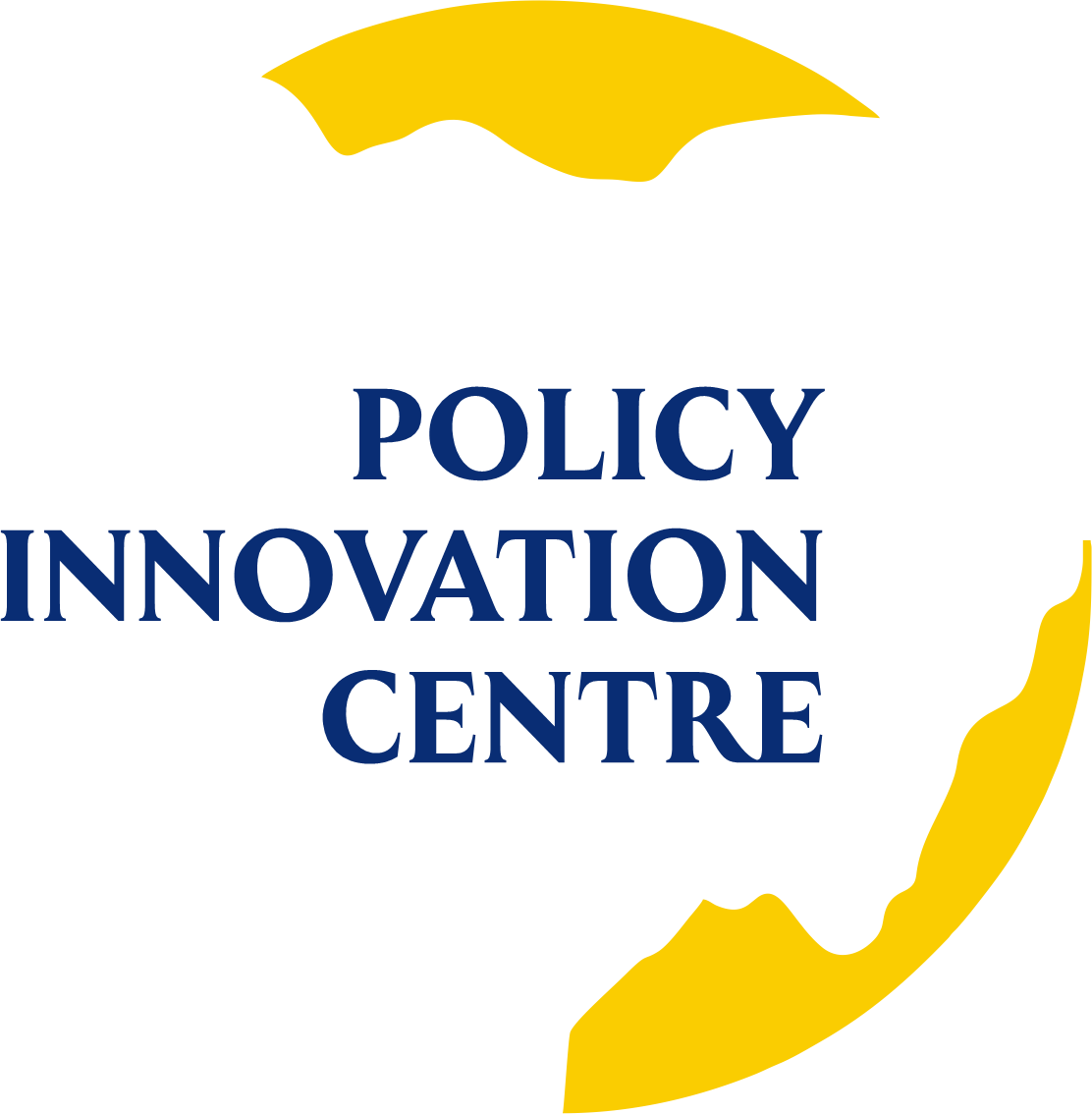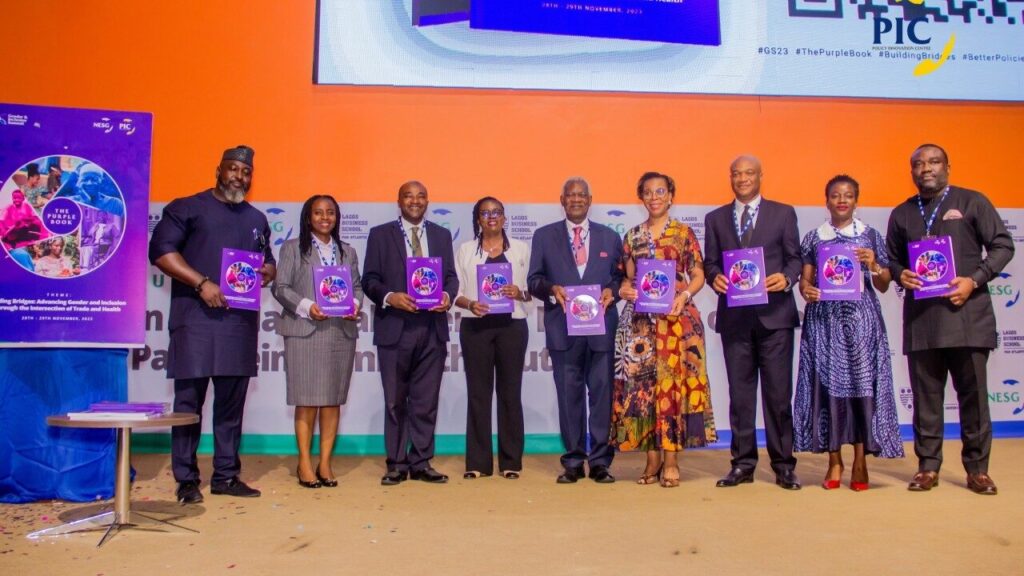A couple years ago I was at a 'Women in leadership' workshop and one of the main speakers made a statement so profound that it was followed by a good seven seconds of silence so deep I could hear the air-conditioning working. She said (and I quote), "To be a woman in Nigeria is a disability".
The silence was subsequently swallowed up in a cacophony of voices expressing how deeply those words resonated with them. No surprise, since over ninety percent of the workshop participants were women and could identify strongly, perhaps even painfully, with her statement. While the workshop continued, I pondered on the privilege that made me unable to relate quite as strongly as some of my fellow participants - mostly thanks to a father who was probably the first feminist I ever knew; but I digress.
Fast forward to 2025 and those words spoken at the workshop have become even more poignant as I continue my work in the field of Gender and Inclusion - advocating for Women's Economic Empowerment, supporting the government of Nigeria to develop and institutionalize gender transformative policies across a broad range of sectors - health, agriculture, digital and financial inclusion, education, poverty and livelihoods, you name it. Each year, the organization I'm privileged to work with - The Policy Innovation Centre - brings together an impressive range of stakeholders via our annual Gender & Inclusion Summit - policy makers, traditional and religious rulers, development partners, high-level decision-makers, grassroots activists and community activists — who bring bold ideas to the table. But beyond all the rhetoric, what ensures that talk turns into action?
It's The Purple Book — a powerful, action-driven synthesis of each Summit's solutions and recommendations.
Curated by the Policy Innovation Centre (PIC), The Purple Book has:
- Shaped national conversations on maternal health
- Continued to guide gender-transformative policy reforms
- Elevated grassroots voices for real change
Download a copy. Read it. Share it. Use it. Because inclusion is not optional — it's essential to Nigeria's meeting the SDG targets. Our progress as a country depends on it, quite literally.
Somawina Nwegbu, Public Health & Gender Specialist, PIC





